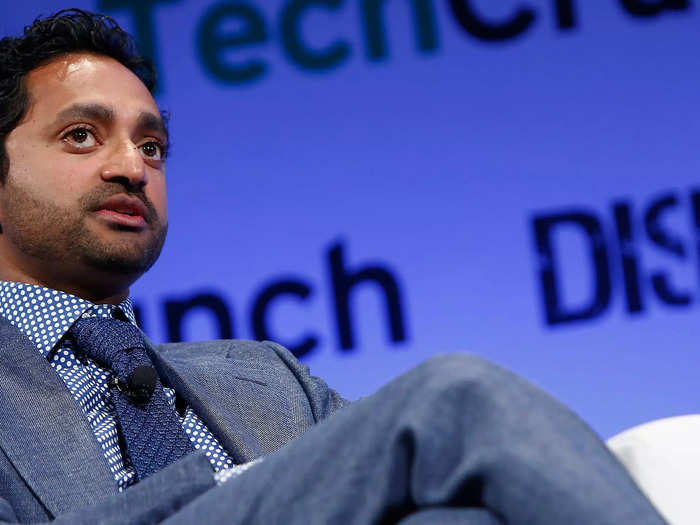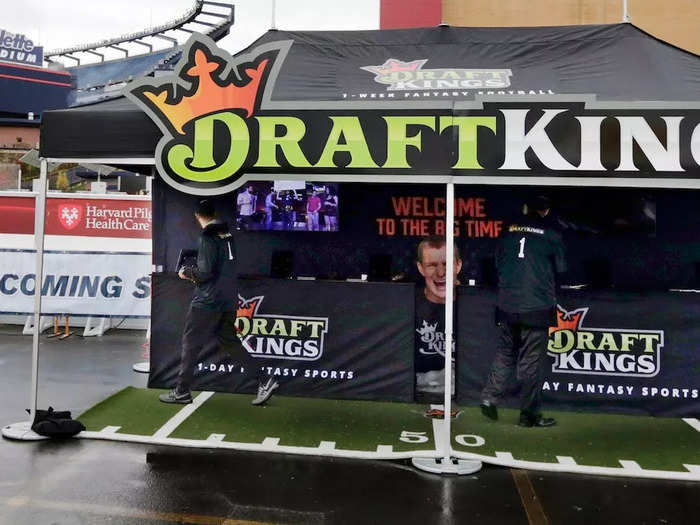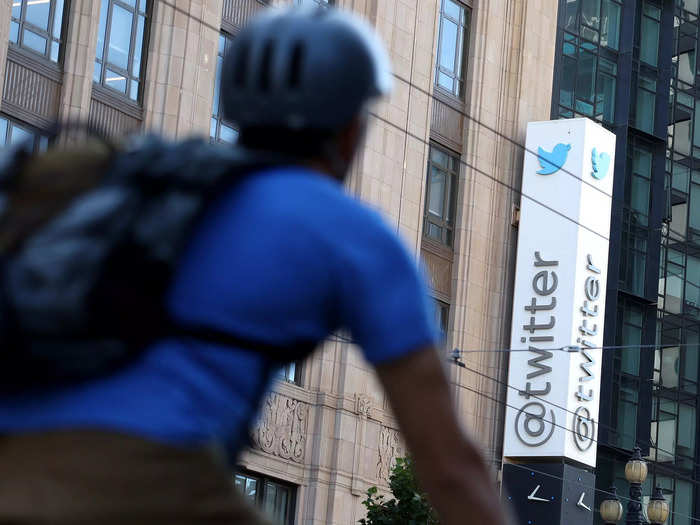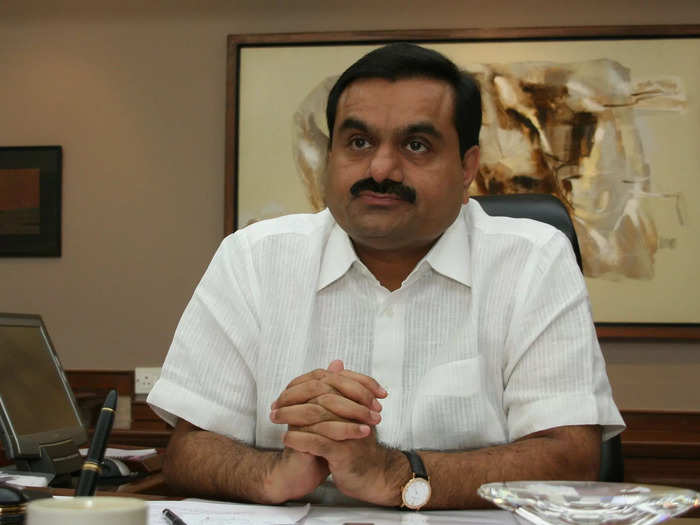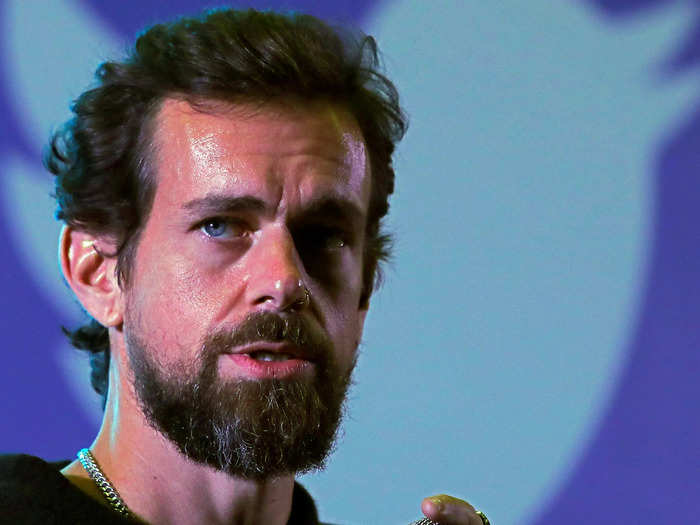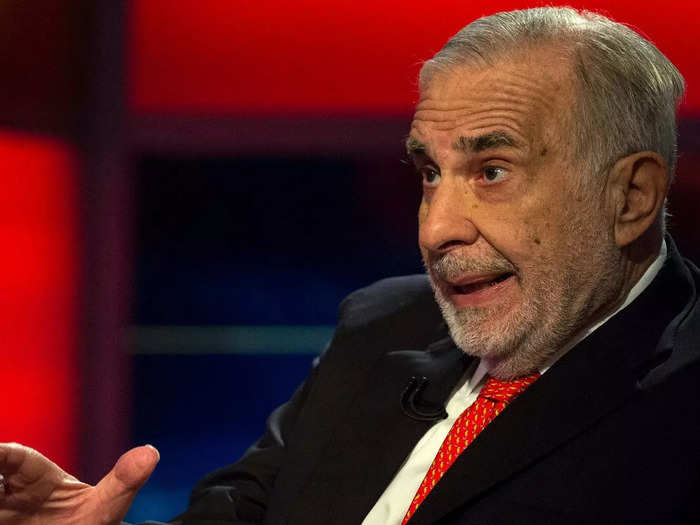Billionaire investor Carl Icahn's business empire became Hindenburg Research's latest target this week.CNBC/Getty Images Contributor
- Hindenburg Research disclosed a short position against Carl Icahn's business empire this week.
- Icahn Enterprises plunged 20% the day the short-seller released its bombshell report.
Hindenburg Research hit the headlines this week when it unveiled a short position against billionaire Carl Icahn.
The activist investor published a report Tuesday that alleged the Wall Street legend's holding company Icahn Enterprises had used inflated asset values and been run like a Ponzi scheme.
Hindenburg's latest big short follows the high-profile wagers against Indian conglomerate Adani and Jack Dorsey's digital payments firm Block it made earlier this year.
Here are some of the short seller's biggest bets from the past three years.
1. Nikola Corporation
Nikola
In September 2020, Hindenburg released its first report on Nikola Corporation, saying that the electric truck manufacturer had exaggerated and misrepresented its products to investors.
Shares plunged 11% in a single day and at last check had cratered to just $0.90 – more than 95% below the level they traded at the week Hindenburg first disclosed its short position.
The company's founder Trevor Milton was also convicted of fraud in October 2022 after he was found to have lied about Nikola's technology to drive up its share price, as Hindenburg had alleged two years earlier. He's due to be sentenced in June 2023.
2. Clover Health
Brian Ach/Getty Images for TechCrunch
Hindenburg's next high-profile target was was Medicare Advantage insurance provider Clover Health, which it attacked just one month after it had listed on the Nasdaq.
The short-seller said in a report published in February 2021 that Clover – as well as its "Wall Street celebrity promoter" Chamath Palihapitiya, who took the company public via a SPAC merger – had misled investors in the run-up to its listing by failing to inform them the Department of Justice was investigating it.
Clover shares dropped 8% the day Hindenburg released its report and like Nikola, have fallen around 95% since the short-seller made its first attack.
3. DraftKings
Charles Krupa/AP
Four months later, Hindenburg disclosed a short position in DraftKings.
The activist investors questioned the sports-betting firm's valuation compared to its rivals and also alleged that Bulgarian company SBTech, which it had merged with as part of its own SPAC listing, generated significant amounts of revenue from questionable gambling practises in overseas markets, including Asia.
DraftKings shares plunged 4% lower the day of Hindenburg's report and have crashed another 55% since then, trading at just under $22 at last check.
4. Twitter
Justin Sullivan/Getty Images
Elon Musk bid to take Twitter private for $54.20 a share in April 2022 – and one month later, Hindenburg disclosed a short position in the social media giant.
The activist investor predicted that Musk would be able to renegotiate that deal to a lower price after Twitter posted poor quarterly results and the world's second-richest man said he'd sell his existing 9.2% stake if his takeover offer wasn't accepted.
Hindenburg closed its short position just eight days later, when shares had plunged to just over $35. It then announced a "significant long position" in Twitter in June, betting that Musk would fail in his efforts to back out of the deal even though its stock price had plunged even further.
Musk later changed his mind again in October and bought Twitter at the originally-agreed price of $54.20 a share, at which point Hindenburg sold all its shares.
5. Adani Group
Ramesh Dave/Mint via Getty Images
6. Block
Anushree Fadnavis/Reuters
In March, Hindenburg released a report on Twitter founder Jack Dorsey's payments platform Block, which it said had overstated its user numbers and helped to facilitate fraud.
Block shares plunged as much as 22% the day the report was released but have traded roughly flat since then, with the tech company dismissing the claims and saying it'll pursue legal action via the Securities and Exchange Commission.
7. Icahn Enterprises
Brendan McDermid/Reuters


